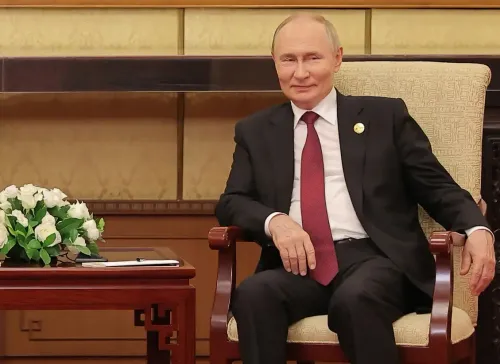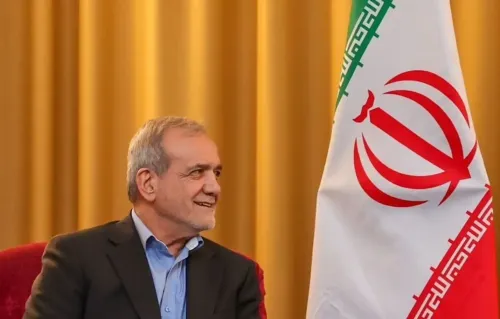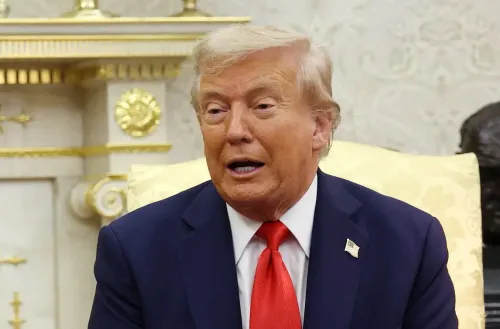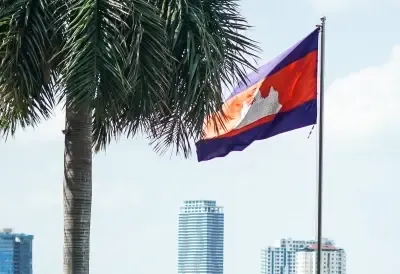Why Did the Bangladesh Court Reject the Bail of Freedom Fighter Siddique and Journalist Panna?
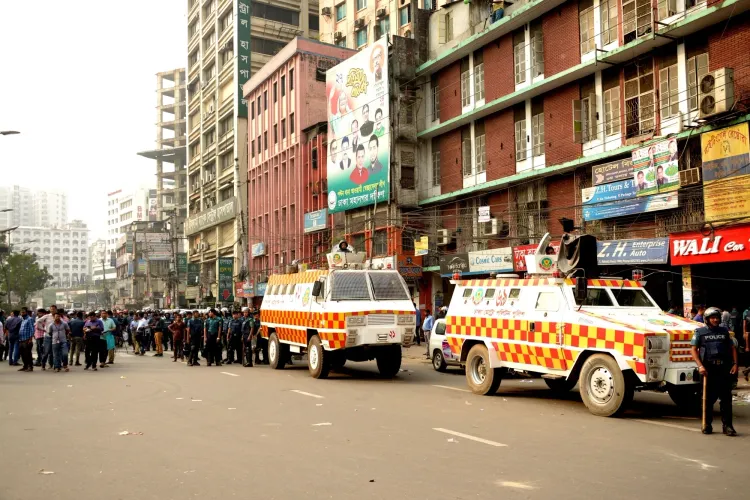
Synopsis
Key Takeaways
- Bangladesh court denies bail to prominent freedom fighters.
- Arrests linked to anti-terrorism case raise concerns.
- Public outrage follows the roundtable discussion on the Liberation War.
- Political implications stir debates on democracy.
- Awami League condemns actions of the interim government.
Dhaka, Sep 4 (NationPress) A Bangladesh court has rejected the bail applications of former minister and freedom fighter Abdul Latif Siddique along with journalist Monjurul Alam Panna in a suspected anti-terrorism case, according to local sources.
Lawyer Farzana Yeasmin Rakhi confirmed the ruling, stating that Dhaka Metropolitan Magistrate Hasib Ullah Pias made the decision after reviewing their bail requests.
On the previous day, another court in Dhaka also denied bail to freedom fighter Golam Mostafa, Zakir Hossain, Tawsiful Bari Khan, Amir Hossain Sumon, Shafiqul Islam Delwar, and Jatiya Samajtantrik Dal (JSD) leader Abdullahil Kayum, all linked to the same case.
Earlier, on August 28, the police detained 16 individuals, including Siddique and Dhaka University Professor Sheikh Hafizur Rahman, igniting public backlash across the nation.
The authorities launched a case against them under the Anti-Terrorism Act at Shahbagh Police Station in the capital.
By August 29, all 16 defendants were remanded in custody after appearing in court.
The arrests occurred after Siddiqui, Rahman, and others participated in a roundtable titled 'Our Great Liberation War and the Constitution of Bangladesh', organized by a group known as Mancha 71 at the Dhaka Reporters Unity (DRU).
During the discussion, Professor Rahman expressed concerns about attempts to undermine the country’s constitution, mentioning that groups like the Jamaat-e-Islami and Shibir were behind such moves. He criticized Muhammad Yunus for disrespecting freedom fighters.
Following Rahman's remarks, a group stormed the DRU auditorium, dismantled the event's banner, and restrained the participants before handing them over to the police.
The Awami League Party has since condemned the arrests of these “heroic” freedom fighters and others who embody the spirit of the 1971 Liberation War, calling the actions a form of mob terrorism.
They criticized the Muhammad Yunus-led interim government, asserting that the ongoing attempts to dishonor the Liberation War and its heroes are evident.
In their statement, the Awami League claimed that the “evil forces—born of the blood-seed of anti-liberation elements”—are currently displaying arrogance, backed by Yunus and his faction, which they allege is desecrating the sacrifices made during the 1971 Liberation War.

